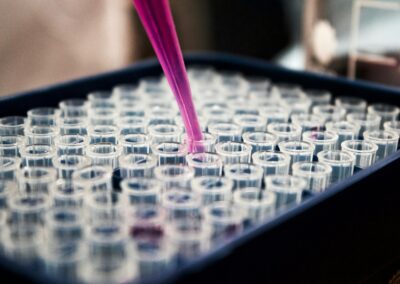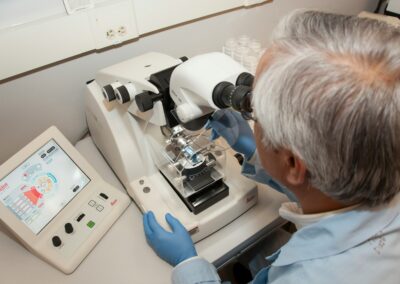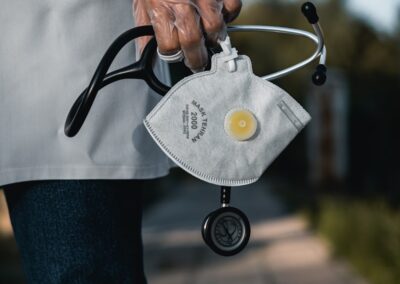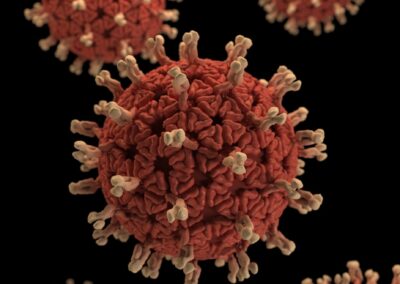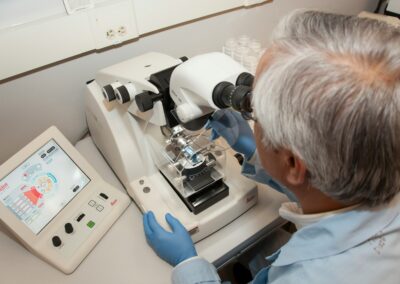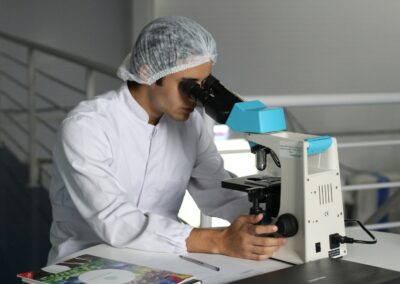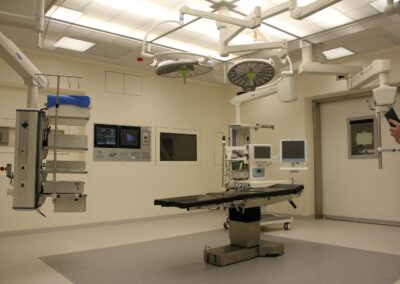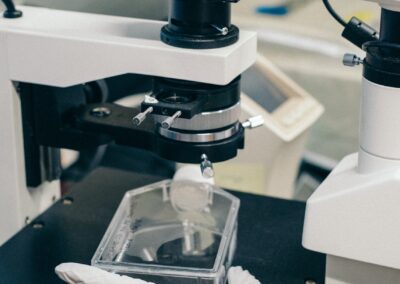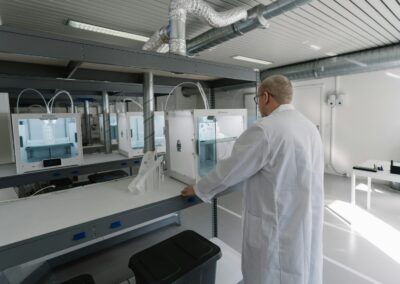How Advancements in Regenerative Medicine are Transforming Healthcare in Saudi Arabia and UAE
Advancements in regenerative medicine are revolutionizing the healthcare industry, offering new hope for treating injuries and diseases that were previously considered untreatable. This innovative field focuses on repairing, replacing, and regenerating damaged tissues and organs, thus restoring normal function. In Saudi Arabia and the UAE, where healthcare systems are rapidly advancing, the integration of regenerative medicine is creating significant opportunities for improving patient outcomes and enhancing the quality of life.
Regenerative medicine encompasses a range of techniques, including stem cell therapy, tissue engineering, and gene editing. These approaches aim to harness the body’s natural healing processes to develop treatments that are more effective and less invasive than traditional methods. For instance, stem cell therapy uses undifferentiated cells to repair or replace damaged tissues, offering potential cures for conditions like spinal cord injuries, heart disease, and diabetes. This cutting-edge technology is gaining traction in the UAE and Saudi Arabia, where healthcare providers are committed to adopting the latest advancements to benefit their patients.
The potential of regenerative medicine extends beyond individual patient care. It also has significant implications for the broader healthcare system. By reducing the need for long-term treatments and hospitalizations, regenerative medicine can help lower healthcare costs and improve efficiency. This is particularly relevant in regions like Saudi Arabia and the UAE, where governments are focused on building sustainable and efficient healthcare systems as part of their national visions.
Stem Cell Therapy: A Game-Changer in Medical Treatment
Stem cell therapy is one of the most promising areas within regenerative medicine. This technique involves the use of stem cells, which have the unique ability to develop into various types of cells, to repair or replace damaged tissues. In recent years, significant progress has been made in understanding how to harness the power of stem cells for therapeutic purposes. In Saudi Arabia and the UAE, stem cell research and therapy are becoming increasingly important components of medical practice.
One of the key advantages of stem cell therapy is its potential to treat a wide range of conditions. For example, it has shown promise in treating neurodegenerative diseases such as Parkinson’s and Alzheimer’s, as well as cardiovascular diseases and orthopedic injuries. By targeting the underlying causes of these conditions at the cellular level, stem cell therapy offers the possibility of not just managing symptoms but achieving long-term cures. This transformative approach is being embraced by healthcare providers in Riyadh and Dubai, where cutting-edge medical facilities are pioneering new treatments.
Moreover, the integration of Artificial Intelligence (AI) and Blockchain into stem cell therapy is enhancing its effectiveness and accessibility. AI algorithms can analyze vast amounts of data to identify the most promising stem cell treatments for individual patients, while Blockchain ensures the secure and transparent sharing of medical data. This synergy between advanced technologies and regenerative medicine is creating a new paradigm in healthcare, positioning Saudi Arabia and the UAE as leaders in medical innovation.
Tissue Engineering and Gene Editing: Pioneering New Frontiers
Tissue engineering and gene editing are two other critical components of regenerative medicine that are driving medical innovation. Tissue engineering involves creating artificial organs and tissues in the lab, which can then be implanted into patients to restore function. This approach is particularly valuable for treating conditions where organ transplantation is the only option. In the UAE and Saudi Arabia, tissue engineering is being explored as a solution to address the shortage of donor organs and improve transplant outcomes.
Gene editing, on the other hand, involves making precise changes to an individual’s DNA to correct genetic disorders or enhance disease resistance. Techniques such as CRISPR-Cas9 have revolutionized gene editing by making it more accurate and accessible. In Riyadh and Dubai, research institutions are at the forefront of exploring the potential of gene editing to treat a variety of genetic conditions, from cystic fibrosis to muscular dystrophy. These advancements hold the promise of not only treating but potentially curing genetic diseases.
The combination of tissue engineering and gene editing is opening up new possibilities for personalized medicine. By tailoring treatments to the specific genetic and biological needs of each patient, healthcare providers can achieve better outcomes and reduce the risk of adverse effects. This personalized approach is being supported by robust healthcare infrastructure and research capabilities in Saudi Arabia and the UAE, making these regions hubs for medical innovation and excellence.
#RegenerativeMedicine, #StemCellTherapy, #HealthcareInnovation, #SaudiArabia, #UAE, #MedicalAdvancements, #TissueEngineering, #GeneEditing, #MedicalResearch, #PersonalizedMedicine


